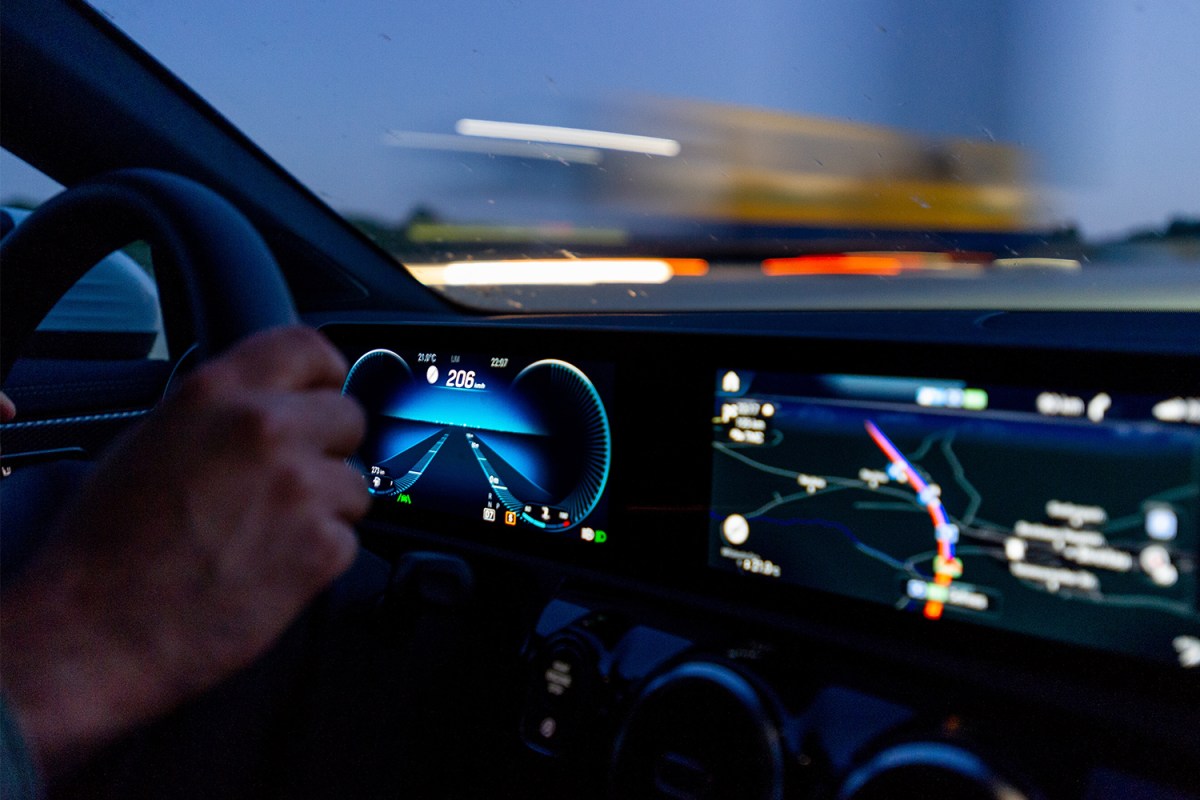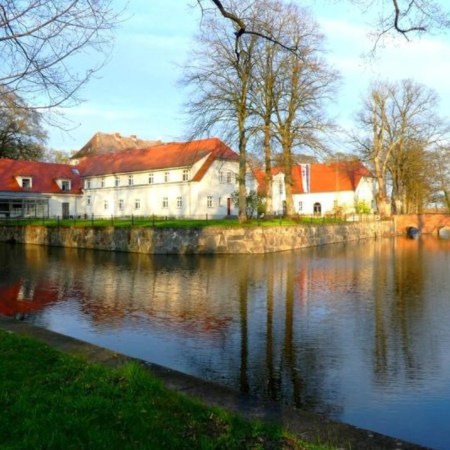Last week, Germany’s parliament voted on a bill that would set a speed limit on the country’s Autobahn highway system. Out of 631 votes, 498 voted against the bill, meaning the famously unrestricted roads are still free game for speed demons and lead foots alike.
Despite almost 80 percent of parliament voting against them this time around, the Greens, the party that introduced the bill, are optimistic about a speed limit in the future. As Deutsche Welle writes, party member and chair of the Committee on Transport Cem Özdemir said before the vote, “… as is so often the case with Greens proposals, we present them, and eventually there’ll be a majority behind them.”
Why is Özdemir so confident? There are a few factors. First, outside of Germany, there’s a misconception that the entirety of the Autobahn is unrestricted, when in fact 30 percent of the country’s motorways have a speed limit and those without one have a recommended speed limit of 130 KMH, or roughly 81 MPH. (That is also the speed limit the Greens were proposing.) Thus, it wouldn’t be as radical of a change for Germans as it appears to outsiders.
That’s not to say there hasn’t been heated debate around the idea. Back in January, months before this new bill, a government-appointed committee also recommended an Autobahn speed limit, which was also soundly denied. But the theoretical reasons for instituting a speed limit — reducing fatal accidents, costs, noise pollution and greenhouse gas emissions — are already playing out in real time. A heat wave this summer forced Germany to institute some temporary speed limits.
So while the Greens didn’t get their way this week, it might be only a matter of time before nature forces the government’s hand.
Subscribe here for our free daily newsletter.
Thanks for reading InsideHook. Sign up for our daily newsletter and be in the know.



















